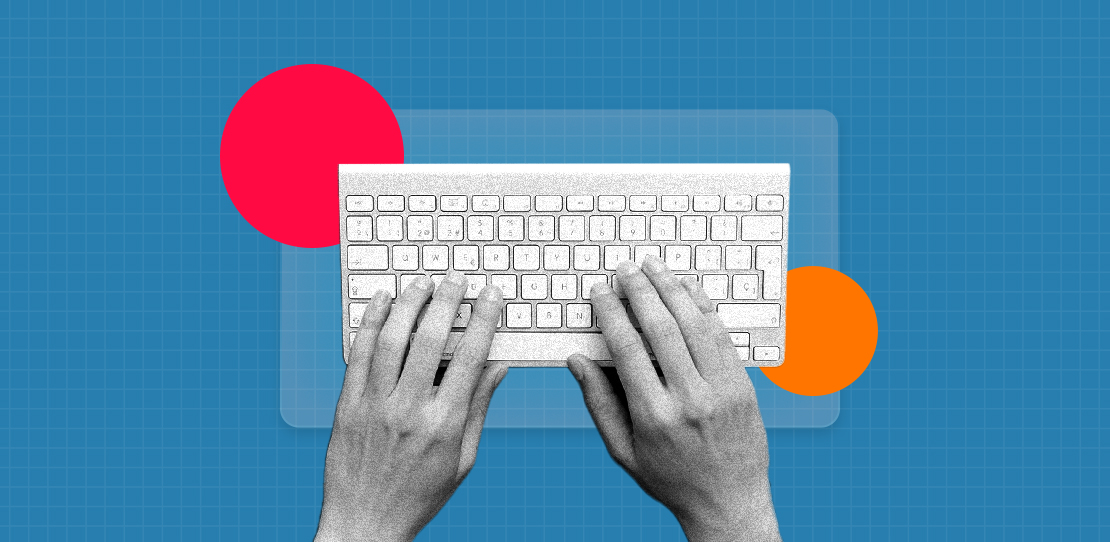The QWERTY Keyboard and How It Came to Be
Some keyboards look different in an alternate universe. Hmmm…
August 09, 2025 / by Louigi Balao / 3 mins read

Let’s look at our devices and appreciate the keyboard we have today. We have our alphabetical system, so why don’t our keyboards read “ABC?” Instead, we have the QWERTY format. If you want to discover why we have this alignment, stick around because we will uncover why we have this layout today.
A QWERTY birth
In the 1860s, Christopher Latham Sholes—an inventor with a flair for the practical—developed the first typewriter. Now, if you have tried typing quickly with an ancient typewriter, you probably would have a jam, causing you to reach over to pull down the letters. To solve this, Sholes rearranged the letters, spacing out commonly used ones to slow typists down (yes, really).
The result? QWERTY. Do you hear that, guys? We aren’t meant to type fast—kidding.
From TipsyElves.com Official GIPHY
By the 1870s, Sholes had sold his design to Remington & Sons, whose typewriters became wildly popular. The QWERTY layout stuck, not because it was the best, but because it was familiar. QWERTY remained the gold standard as typewriters evolved and eventually morphed into modern keyboards.
What if we didn’t have QWERTY?
Now imagine a world without QWERTY. We may have been typing with a Dvorak layout, a layout designed for efficiency, grouping vowels together. If we had these as gamers, we may have “< A O E” instead of “W A S D.” Absolutely nuts.
From Dvorak Official Website
Without QWERTY, typing might feel like learning a new language whenever you use a different device. Or worse, we might’ve all agreed to use voice commands for everything, yelling “DELETE” at our computers like frustrated weirdos.
Videos indicate that Dvorak and Colemak layouts are faster or even more ergonomic. But QWERTY’s dominance is like a stubborn old monarch—it’s everywhere, and we’ve all adapted. Switching now would feel like learning to walk again. As a writer, I am locked in and don’t see myself typing any other way.
Unless it's learning stenography because that process is crazy fast.
Cool, huh? If you enjoy the QWERTY keyboard and want to own a typewriter, you can have its modern twist in the Next Upgrade Shop. Introducing the ACTTO B307 Wireless Typewriter Keyboard, a vintage typewriter keyboard with its own integrated stand, knob, and multiple colorways.

